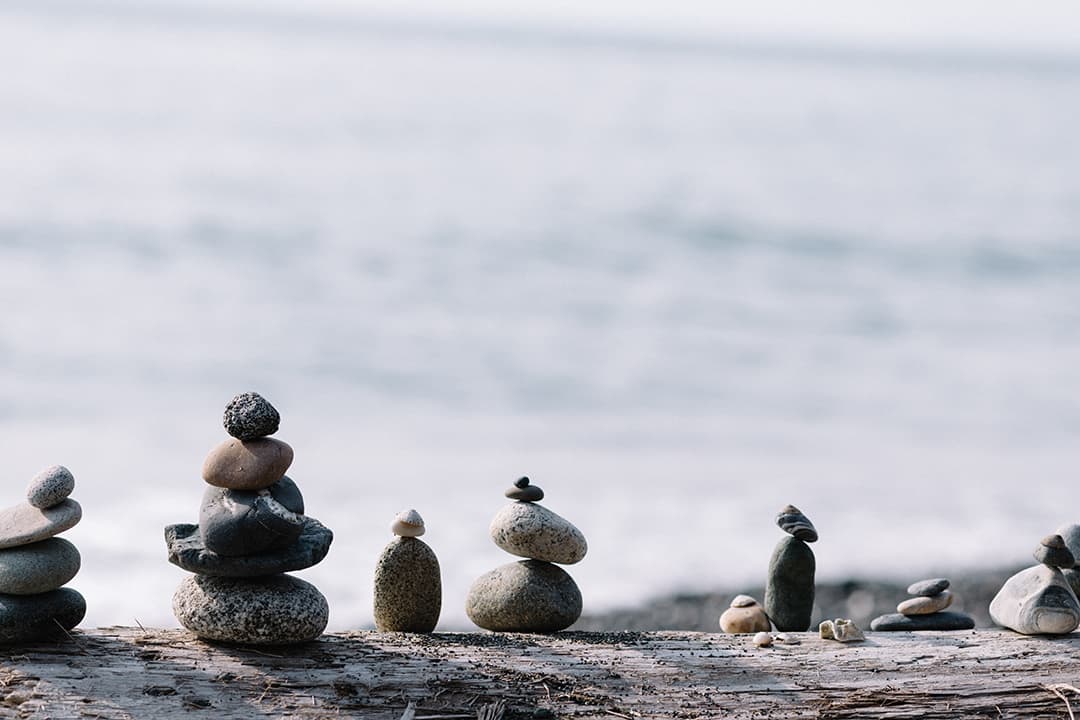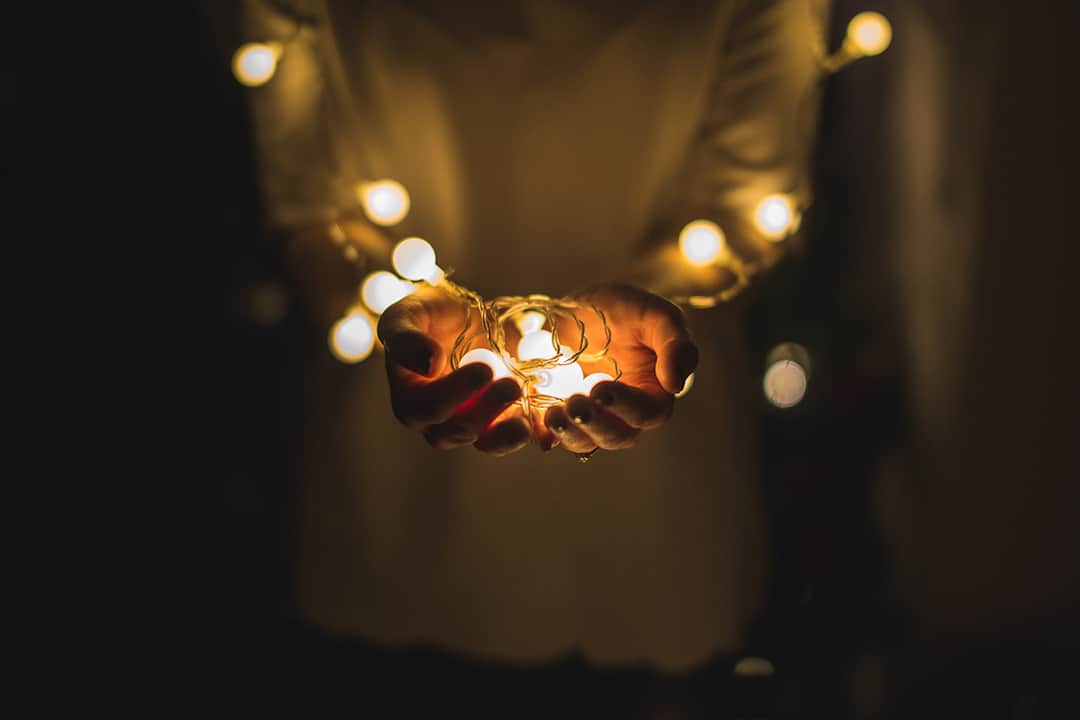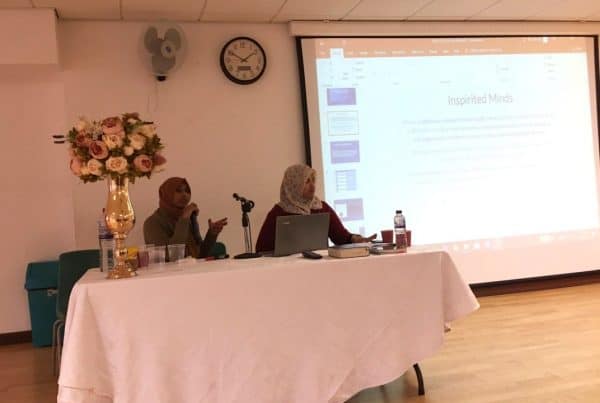Meanha joined an online workshop as part of SOAS Festival of Ideas for their Muslim Women’s Skills Workshops
In our current climate, it’s important to focus on what unites us rather than what divides us. The feud between Muslims, Jews and Christians has a long history, however there are also times in history where we co-existed, gave each other our rights, and due respect. These are less emphasised unfortunately, which is why it is our responsibility to ensure we are having the right conversations in the right spaces.
I was joined by many game-changing women who left me feeling humbled and honoured to have shared a space with them. The first half of the online workshop was focused on interfaith narratives where the barriers of inter-religious mixing and conversations were spoken about and how we can actively do more to break down these barriers. Many heart-warming stories were told about how many people were brought closer together through their different faiths and how the best way forward was to not fear being insensitive, rather to embrace their uncertainty and be totally transparent about it.
The second half focused on anxiety and how it is interpreted in Christianity and Islam. It was clear that it is not only Muslim communities that have taboos around mental health, but rather it is a cross religious shared difficulty that faith communities have.

I was asked to talk about the root of anxiety, how to combat it and practical steps to implement. I was given 10 minutes to talk with the topic in mind, so this is by no means a detailed look at anxiety, if you want more depth, please take a look at our anxiety related articles here. In the meantime, you will find a rough breakdown of what I spoke about below!
The Root of Anxiety
A common explanation of anxiety is the 4 F’s response to danger: Fight (responding to the anxiety head on), Flight (running away, such as ignoring your signs or distracting yourself), Freeze (often becoming static, or going numb), and Flop (becoming confused, overwhelmed, losing senses, losing capacity). However, from a holistic point of view we can adopt the Bio-Psycho-Social-Spiritual model. Anxiety could be hormone related; it could be a learned response, it could be hereditary, you could be predisposed to it, or it could be a fear of the unknown, uncertainty of whether or not Allah accepts your ibaadah, wondering why your prayer isn’t working, or questioning whether you are a bad person due to experiencing anxiety or feeling uneasy because you’ve convinced yourself that you deserve this!

How to Combat Anxiety
The first step is to accept the fact you have anxiety and embracing everything that it can bring. Looking at your anxiety through a new filter can totally change the way you perceive and understand this struggle. Although anxiety can be paralysing, and we fully appreciate how difficult it is to live with, once you’ve made the intention to get help it can force you to do a number of things. It will bring you a greater awareness of yourself, your triggers, particular situations that you could perhaps avoid, and it can bring you closer to Allah by practicing mindfulness and tawakkul. When I’m worried about things I can’t control or I have fears about the future or my head fills up with all the “what if’s” we always torture ourselves with, I always like to remember myself about the concept of Qadr. I once read a quote about Rizq and it went something like this:
When you have an apple in your hand, you have to remember that it was once a seed, a seed that grew into a tree, which needed sunshine and rain, which caused it to blossom, then the apples grew, which were then picked, washed and packaged, and then sent to a shop. You then went to that shop, picked a pack with that specific apple, which you bought, brought home, washed and are now ready to eat. From the time that apple was a seed, it was written for you. It was meant for you. The only one who knew that was Allah.

Apply this to everything you have concerns over, and know that even if you don’t know, then Allah does and no matter how hard it gets, you would not be tested with this difficulty if He did not think you were capable of overcoming it. Anxiety is not always a test of faith, it can be a test and confirmation of your strength, your resilience, your patience and gratitude.

Steps to Take
- Please, make use of the medical professionals we have in this world. You should always go to the GP and seek help from medication that could help, there is no shame in that. They may also be able to give you direction as to what local talking therapy there is. You can also receive counselling from us, visit our get help page here. We also have lots of self-help articles, and information in our articles, podcasts and on social media.
- Try and be more aware and present. This can help you to identify triggers and unpleasant situations. Once you think outside of your anxiety, and understanding that challenges are obstacles to overcome, you can start to identify issues and attempt to make changes. For calming, you can practice grounding and mindfulness exercises such as the 5 senses exercise, energy channelling and mental imagery exercises.
- Positive self-affirmations are really important, reminding yourself that you are strong enough to handle what life throws at you, you are beloved to Allah and etc are all great reminders. However, using Allah’s name and His words can also be effective. Reminding yourself constantly that Allah is As-Salaam, the Giver of Peace, He is Al-Muhaymin, The Guardian, He is Al-Barr, the Source of Goodness, He is Al-Lateef, the Most-Gentle.
- As we know, eating and drinking well always helps! Exercising and practicing good breathing skills is also important to regulate yourself, especially in moments of panic.
- Islam dictates preservation of life, and this applies to preservation of your physical and mental health. You should absolutely do what is within your control to discard anything that disturbs your peace of mind. Limit the time you spend with a friend that makes you feel bad about yourself, limit the amount of social media accounts around fitness (or whatever you follow in excess), and apply these limitations/restrictions to anything that is disturbing your peace.

Remember Islam is a religion of moderation and balance, and one that should always be reflected upon and how we can continuously apply it to our lives.
You can find out about future events with Dr Suriyah Bi by visiting her twitter!




Thank you Meanha, wonderful work and reminder ! Unfortunately I don’t have time to read all the articles but those that I have read are wonderful. Thank you all for your good work!
Stay bless and safe,
Duas.
Nasima Chair of IPPA.
JazakAllah Khair for your kind comments and support! May Allah reward you, Ameen!